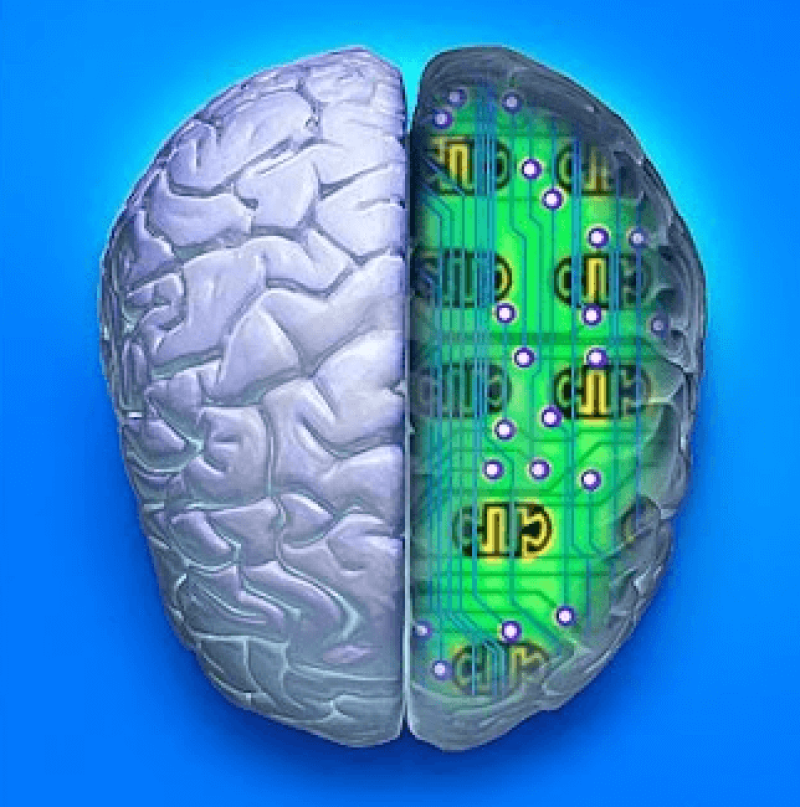…
[T]he brain can perform at most about a thousand basic operations per second, or 10 million times slower than the computer.…
The calculations performed by the brain, however, are neither slow nor imprecise. For example, a professional tennis player can follow the trajectory of a tennis ball after it is served at a speed as high as 160 miles per hour, move to the optimal spot on the court, position his or her arm, and swing the racket to return the ball in the opponent’s court, all within a few hundred milliseconds.
…
[T]he brain also employs massively parallel processing, taking advantage of the large number of neurons and large number of connections each neuron makes. For instance, the moving tennis ball activates many cells in the retina called photoreceptors, whose job is to convert light into electrical signals. These signals are then transmitted to many different kinds of neurons in the retina in parallel.…
As neuroscientists uncover more secrets about the brain (increasingly aided by the use of computers), engineers can take more inspiration from the working of the brain to further improve the architecture and performance of computers.
Editor’s note: Liqun Luo is a professor of neurobiology at Stanford University
Read full, original post: Why Is the Human Brain So Efficient?































